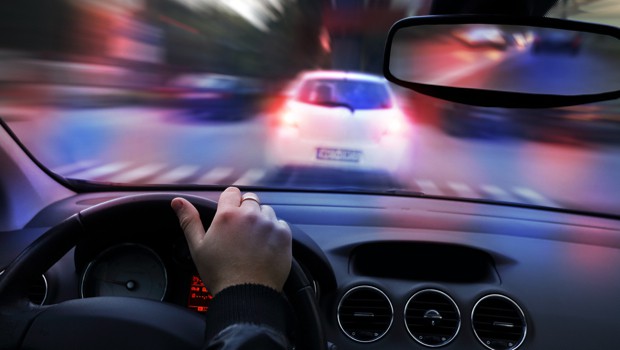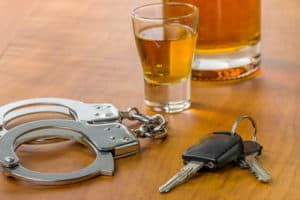
The difference between drunk and impaired driving in Texas is, in essence, the amount of alcohol in your system.
How Much Alcohol Do You Need to Have in Your System for Either Offense?
We can find the answer to this question in the definition for each term:
The State’s Definition of Drunk Driving
The Texas Penal Code (TPC), Chapter 49, establishes the basis of our state’s drunk driving laws.
The basis for a driving while intoxicated (DWI) offense is the statutory definition of intoxication, defined as:
- Having a blood alcohol concentration of 0.08 or more based on a breath, blood, or urine test; or
- Loss of use of one’s mental or physical faculties due to alcohol consumption or the use of a controlled substance or drug, or a combination thereof.
In addition to meeting the statutory definition of intoxication, you must operate a motor vehicle in a public place to commit DWI. The statute also applies to operating a watercraft.
The State’s Definition of Impaired Driving
The Texas Alcoholic Beverage Code (TABC) addresses impaired driving by a minor, defined as any person under the age of 21.
The law prohibits the consumption of alcohol by minors. If a minor has any detectable alcohol in his or her system, the police can charge the individual with driving under the influence (DUI).
Like the DWI statutes, impaired driving involves operating a motor vehicle in a public location while meeting the statutory definition of impairment.
Who Can Police Arrest for Impaired Driving in Texas?
Neither the TPC nor the TABC legally prohibits impaired driving by anyone 21 or older. Despite a lack of statutes addressing this conduct, the statutes do provide law enforcement officers with the ability to arrest any person, of any age, if an officer believes that person lacks the capacity to safely operate a vehicle.
Who Can Be Arrested for Drunk Driving in Texas?
The police may arrest any person, of any age, for drunk driving.
A minor will face drunk driving charges if he or she has a BAC of 0.08 or above. In this case, the police will charge the individual with DWI, rather than DUI, just as they would an offender 21 or older.
The penalties for a Texas DWI apply equally to minors and adults.
What Are the Penalties for Drunk and Impaired Driving in Texas?
The penalties you face for drunk or impaired driving in Texas will depend on whether you face DWI or DUI charges and whether any aggravating factors apply to your offense.
Texas Drunk Driving Penalties
A first-offense DWI carries a Class B misdemeanor charge, with penalties as follows:
- $2,000 fine
- Up to 180 days in jail
- Alcohol awareness course
- A potential 1-year driver’s license suspension
The charges and penalties will increase significantly if you had an open container in your vehicle, if you have a passenger age 14 or younger, or if your BAC exceeded 0.149. If you have past drunk driving convictions, you will also face more serious charges.
Texas Impaired Driving Penalties
Although the police and prosecutor may try to convince you that a DUI charge is not a big deal, the penalties can take a toll on a young life. A first-offense DUI carries a Class C misdemeanor charge, with the following penalties:
- $500 fine
- 20 to 40 hours of community service
- Alcohol awareness classes
- Driver’s license suspension of 60 days
Although these penalties do seem mild compared to DWI penalties in Texas, a DUI conviction will leave you with a permanent criminal record. This can cause you difficulty getting a job, renting your own place, or getting into your college of choice. You will also face excessive insurance premium rates, due to your offense.
For a second or third offense, or if you have any aggravating factors connected to your arrest, the charges and penalties will increase in severity.

Can You Face Other Charges for Impaired Driving?
If your BAC does not meet or exceed the 0.08 required for DWI, the state may pursue other charges against you:
- Reckless driving
- Obstruction of passageway
- Public intoxication
- Open container
In some cases, if the prosecutor pursues DWI or DUI charges against you, the prosecutor may be inclined to negotiate your charges down to a lesser charge such as these.

What Should You Do When Facing Texas Drunk or Impaired Driving Charges?
No matter what the nature of the charges may be, talking to a Texas DWI lawyer will help ensure you understand the seriousness of the potential consequences as well as your options for fighting the charges.
DWI lawyer Randall Isenberg represents clients facing drunk or impaired driving charges, protecting their legal rights and helping them make the best choice for their future.
Contact the Law Offices of Randall B. Isenberg today at 214-696-9253 for a complimentary consultation and case review.











